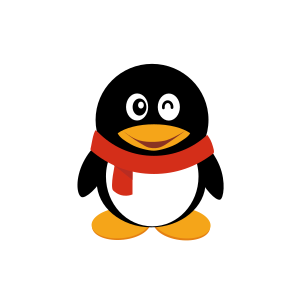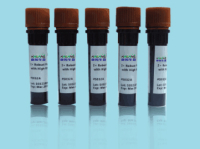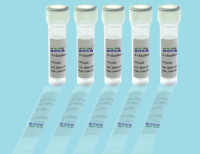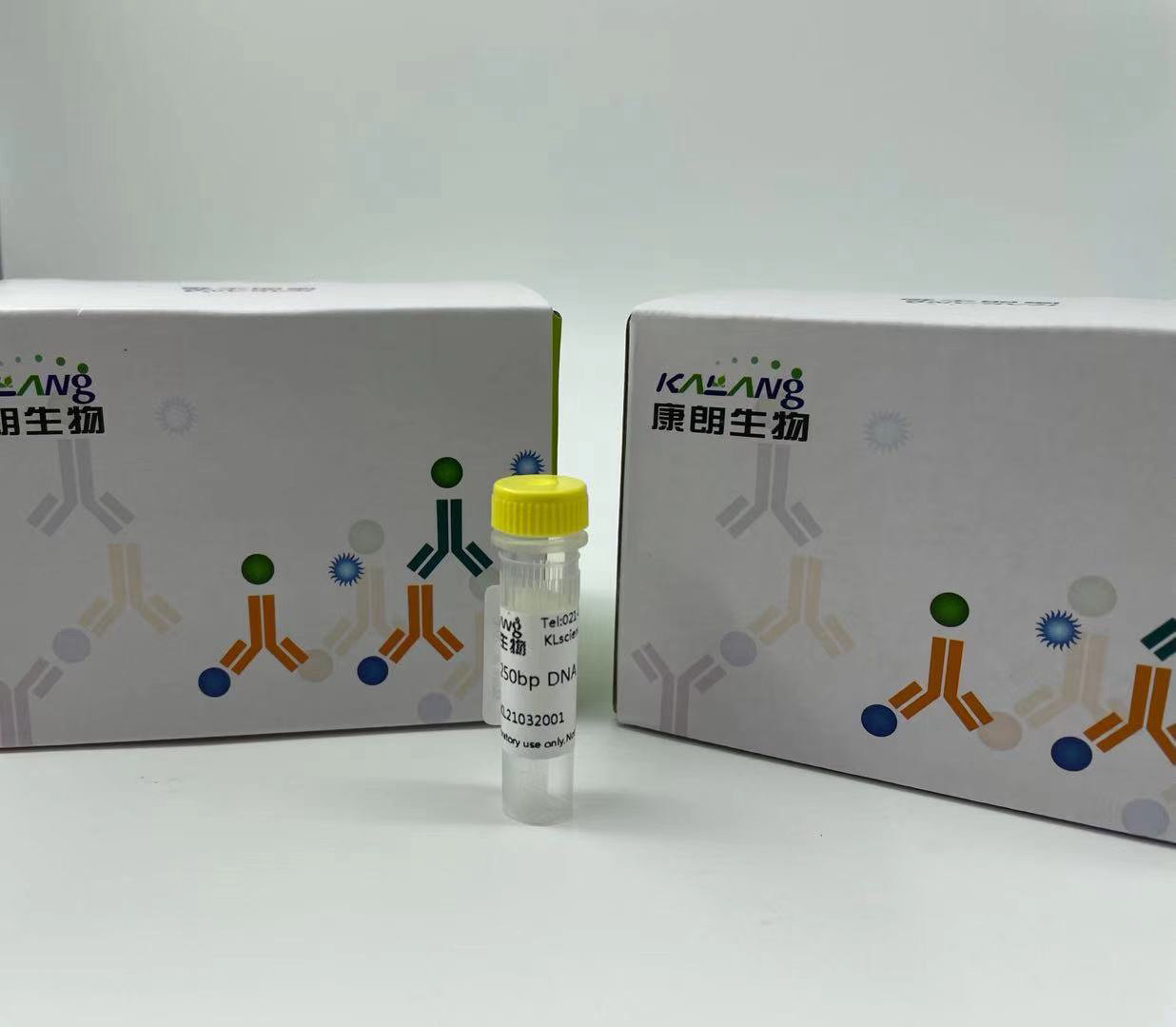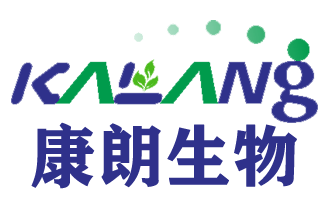

客服电话:021-61998208
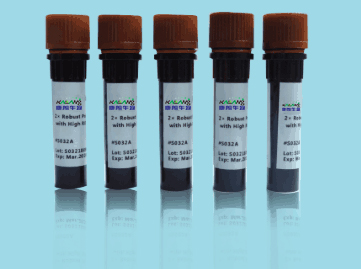

BAI-1 rabbit Polyclonal Antibody
BAI-1 rabbit polyclonal antibody
应用:Western Blot: 1/500 - 1/2000. Immunohistochemistry: 1/100 - 1/300. Immunofluorescence: 1/200 - 1/1000. ELISA: 1/10000.
产品名:BAI-1 rabbit Polyclonal Antibody
货号:ATA25266
种类(Category)
Primary antibodies
宿主(Host)
Rabbit
反应种属(Species specificity)
Human,Mouse
应用实验(Tested applications)
WB,IHC-p,IF,ELISA
克隆性(Clonality)
Polyclonal
偶连物(Conjugation)
Unconjugated
免疫原(Immunogen)
The antiserum was produced against synthesized peptide derived from human BAI1. AA range:691-740
状态(Form)
Liquid
存放条件(Storage)
Use a manual defrost freezer and avoid repeated freeze thaw cycles. Store at 4 °C for frequent use. Store at -20 to -80 °C for twelve months from the date of receipt.
纯化方式(Purity)
The antibody was affinity-purified from rabbit antiserum by affinity-chromatography using epitope-specific immunogen.
产品背景:adhesion G protein-coupled receptor B1(ADGRB1) Homo sapiens Angiogenesis is controlled by a local balance between stimulators and inhibitors of new vessel growth and is suppressed under normal physiologic conditions. Angiogenesis has been shown to be essential for growth and metastasis of solid tumors. In order to obtain blood supply for their growth, tumor cells are potently angiogenic and attract new vessels as results of increased secretion of inducers and decreased production of endogenous negative regulators. BAI1 contains at least one 'functional' p53-binding site within an intron, and its expression has been shown to be induced by wildtype p53. There are two other brain-specific angiogenesis inhibitor genes, designated BAI2 and BAI3 which along with BAI1 have similar tissue specificities and structures, however only BAI1 is transcriptionally regulated by p53. BAI1 is postulated to be a member of the secretin receptor family,
特别提示:本公司的所有产品仅可用于科研实验,严禁用于临床医疗及其他非科研用途!

